J&J poised to challenge Argenx with myasthenia gravis filing for nipocalimab
Johnson & Johnson on Thursday filed a Biologics License Application for the investigational monoclonal antibody nipocalimab, seeking its approval for the treatment of generalized myasthenia gravis.
The pharma backed its application with data from the Phase III Vivacity-MG3 study, which found that nipocalimab used in addition to standard of care (SOC) led to better treatment outcomes in generalized myasthenia gravis (gMG) patients, as compared with placebo plus SOC. Nipocalimab’s efficacy was primarily measured using the Myasthenia Gravis–Activities of Daily Living score, which provides a quick evaluation of disease symptoms that compromise patients’ activities of daily living.
With these findings, Vivacity-MG3—which enrolled patients positive for different antibodies—is the “first-and-only study” to successfully show sustained disease control in various gMG subtypes, according to the pharma’s news release.
Bill Martin, J&J Innovative Medicine’s global therapeutic area head of neuroscience, said in a statement that the company is “encouraged” by these findings, which highlight “the potential of nipocalimab to provide sustained disease control” in gMG patients.
The filing of nipocalimab’s application, likewise, is “an important step forward” for J&J in its mission to “push the boundaries of research to develop innovative solutions to treat antibody-driven diseases,” Martin added.
If approved, gMG will be nipocalimab’s first indication.
Nipocalimab works by blocking the FcRn protein and reducing the circulating levels of IgG antibodies, while also preserving patients’ immune function and does not result in broad immunosuppression. It has previously won the FDA’s Fast Track, Orphan Drug and Breakthrough Therapy designations in various rare and autoimmune blood disorders.
Nipocalimab was first discovered and developed by Momenta Pharmaceuticals, which J&J acquired in August 2020 for $6.5 billion. In June, the pharma reported a Phase II win for nipocalimab, which significantly improved symptoms in patients with chronic autoimmune Sjögren’s disease.



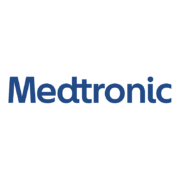
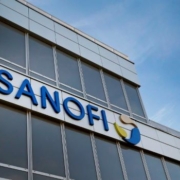

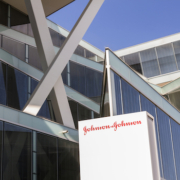

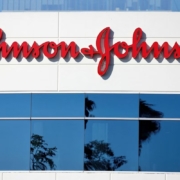
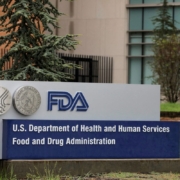 Reuters
Reuters